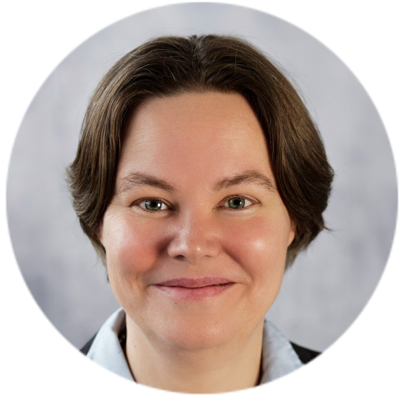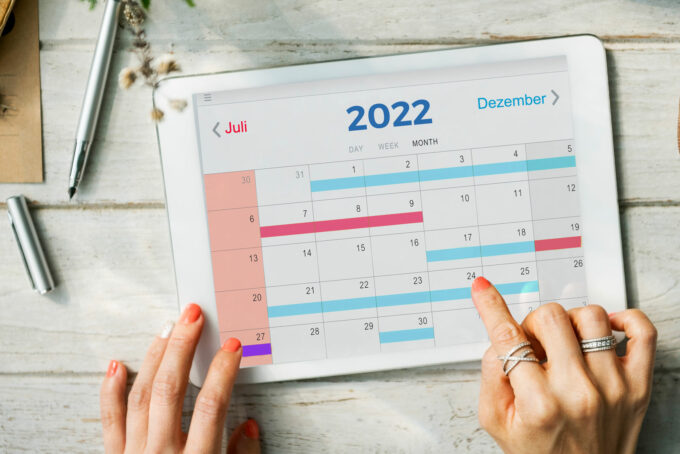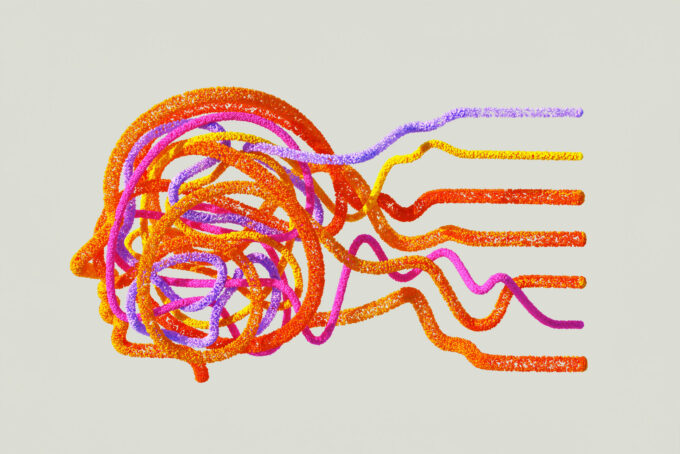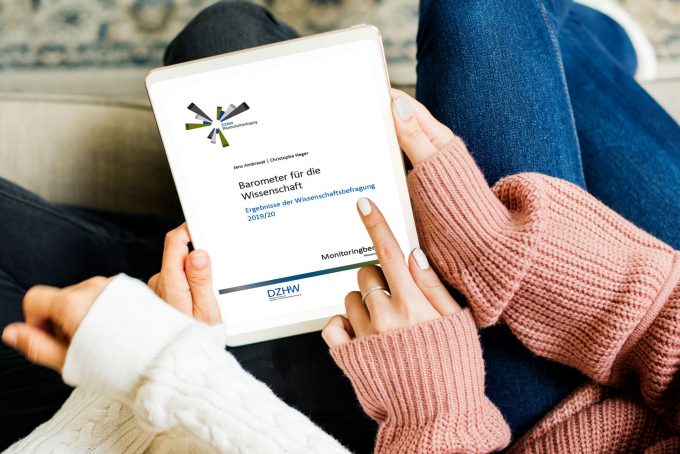
FAIR Data Spaces Project: Distributed Data System for Industry and Research
The FAIR Data Spaces project is creating a shared data space between Gaia-X and the National Research Data Infrastructure (NFDI) in which users can access data in a secure, transparent and standardised manner. At the same time, data owners retain control over access to their data. Katja Kornetzky explains in an interview what role the FAIR principles play in this and why Gaia, a Greek deity born out of chaos, is an appropriate namesake.
an interview with Katja Kornetzky (National Research Data Infrastructure – NFDI)
FAIR Data Spaces is a project to create a shared, cloud-based and FAIR data space for industry and research. Katja Kornetzky, responsible for roadmapping and community building in the FAIR Data Spaces project, gives an insight into the project:
What is the aim of your project?
In the FAIR Data Spaces project, we have created organisational and technical building blocks for a shared, cloud-based data space for industry and research. We have paid particular attention to the application of the FAIR principles at the interface between industry and research. This is why the project is called FAIR Data Spaces.
A data space (PDF) is a distributed data system based on common guidelines and rules. Users can access the data there in a secure, transparent and standardised manner. The data owners have control over who has access to their data and for what purpose and under what conditions it can be used. Such data spaces enable digital sovereignty because the data always remains the property of the company, of an organisation or a research institute.
What is special about the FAIR Data Spaces?
In our project, the federated, secure data infrastructure Gaia-X (from industry) and the National Research Data Infrastructure (NFDI) (from research) were linked to form a common data space in compliance with the FAIR principles. Another special feature is that Gaia-X is a project at European level, while the NFDI is a national project and primarily supports researchers in Germany. A cross-border collaboration!
What have you already achieved in your project?
That was very exciting: in 2021, when it all started, there were no concrete recommendations from Gaia-X yet. These only developed gradually, for example with the Gaia-X white paper 2022. By the end of 2023, some specifications had been adopted and the first version of the Federation Services had been released. These include authentication services, wallets for digital proofs and catalogue services.
We see: It is not without reason that Gaia is a Greek deity that emerged from chaos!
The NFDI consortia began at the same time:
For example, NFDI4Biodiversity, a life sciences consortium, created an atlas of dragonflies together with a start-up called Geo Engine and developed other use cases. The developers continuously orientated themselves on the recommendations of the Gaia-X Federation Services, and FAIR Data Spaces even became a Gaia-X qualified project.
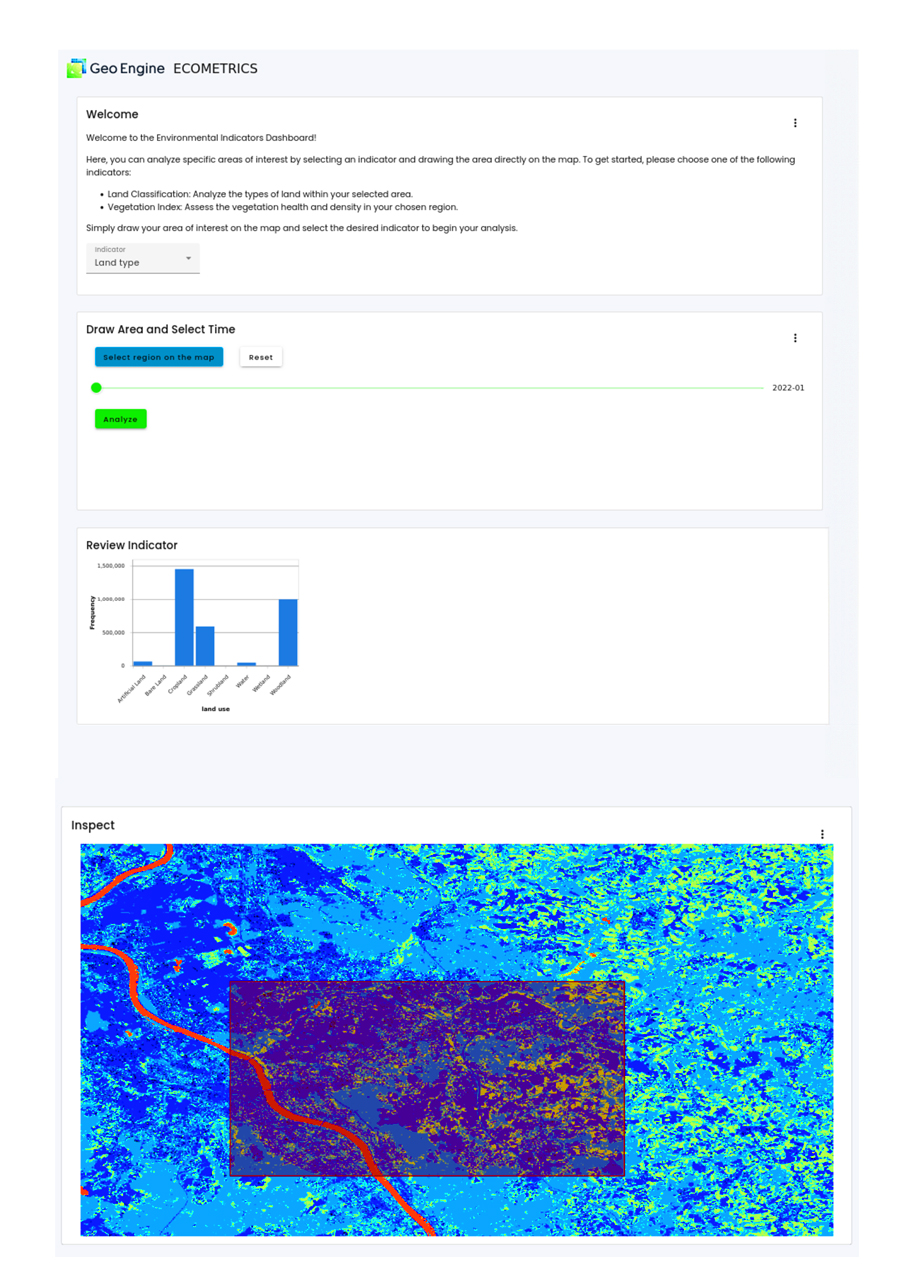
Geo Engine: The ECOMETRICS function of the Geo Engine dashboard can be used to visualise and analyse ecological indicators such as vegetation or land use.
In the area of health, at NFDI4Health, the sub-project PADME/ PHT ensures better distributed analyses of health data. In this case, the algorithms are brought to the data, ensuring that sensitive health data never leaves its source and the owners of the data remain in control. This paradigm shift helps a lot in complying with data protection laws.
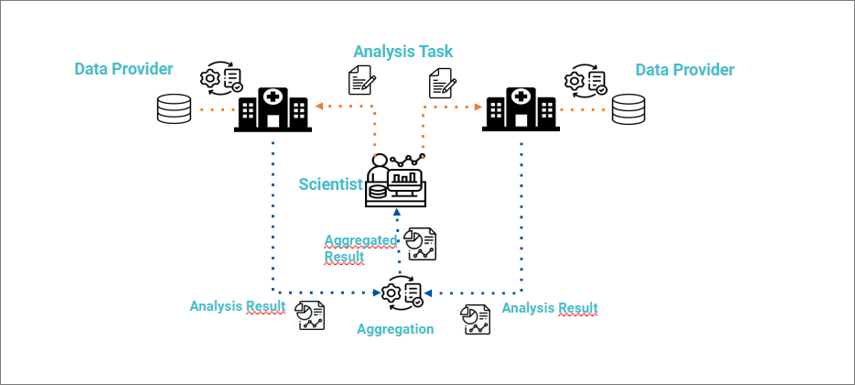
Personal Health Train (PHT) from NFDI4Health: The PHT concept: bringing algorithms to the data through distributed analytics
As another example, I think the cooperation with NFDI4Ing is worth mentioning. Here we have developed a demonstrator for data validation in FAIR Data Spaces.
What role does your project play in the context of Open Science?
Open Science encompasses strategies and procedures to make all components of the scientific process transparent, comprehensible and reusable as far as possible. This opens up new possibilities for science and other stakeholders in dealing with scientific resources and findings. I believe that simply by adhering to the FAIR principles, we ensure that scientific data is available under regulated conditions. In addition, industry partners are also increasingly adhering to the FAIR principles. And that is a real enrichment! In FAIR Data Spaces, everyone involved is committed to the rules. This is how we ultimately promote Open Science.
Who is your project aimed at? For example, how do researchers benefit from your project?
All researchers and industry employees can benefit from FAIR Data Spaces because FAIR Data Spaces provides an organisational and technical framework for exchange. As our code is available as Open Source, our data space can also be replicated or other projects can join in with NFDI4Biodiversity, NFDI4Health or even NFD4Ing!
What role do libraries play in your project?
Libraries play an important role. The employees have core competences in infrastructure development and good connections in the scientific community. Our FAIR Data Spaces project has benefited greatly from both. As the world’s largest specialist library for economics, the ZBW has successfully contributed its expertise in roadmapping and community building, for example. At the beginning, the focus was on determining the specific goals. Finally, the aim was to build a community in Germany and Europe and to further internationalise it – with topics for science and business.
The German National Library of Science and Technology (TIB) has in turn made an important contribution in the area of interoperability. Interoperability is a major challenge in our data spaces because data from different contexts is shared. The TIB team has analysed the different ontologies from application areas and created a mapping service. The focus of this collection is on ensuring interoperability and reusability in Gaia-X, especially for organisations.
What can libraries learn from your project?
Get involved! Either with specific use cases or by contributing to ontologies and terminologies for specific specialist areas.
What would you recommend to other projects?
Talk, talk, talk! …in other words, networking and exchanging ideas to avoid duplicating work and to make visible what is already there.
What was your most surprising learning?
I was pleasantly surprised by the response. Many external partners have joined our data space and we have been able to establish contacts with numerous interesting projects. Sphin-X, for example, is a data ecosystem in the healthcare sector in which all the major players in Germany are involved. It definitely makes sense for us to continue to contribute and help shape our expertise in this area.
This text has been translated from German.
You may also be interested in:
We were talking to:
Katja Kornetzky was originally a biologist, lived in Japan for two years on a DAAD scholarship and became interested in electronics and digitalisation early on. She worked in industry for 20 years as a product manager for software and analysers, was a consultant for EU projects at the Fraunhofer Institute of Optronics, System Technologies and Image Exploitation (IOSB) and was involved in several IoT and FAIR data projects at the University of Karlsruhe. She is now employed at the Directorate of the National Research Data Infrastructure (NFDI) and is responsible for roadmapping and community building in the FAIR Data Spaces project. She informs the public about the latest results and networks with stakeholders from various fields. An exciting task!
Portrait: Katja Kornetzky©
View Comments

Barcamp Open Science 2024: Open Science and Scholars at Risk
What are key issues, key resources and current initiatives helping displaced scholars...

